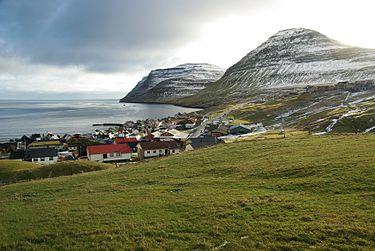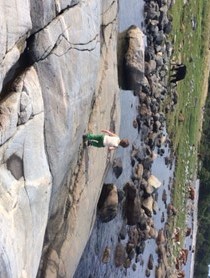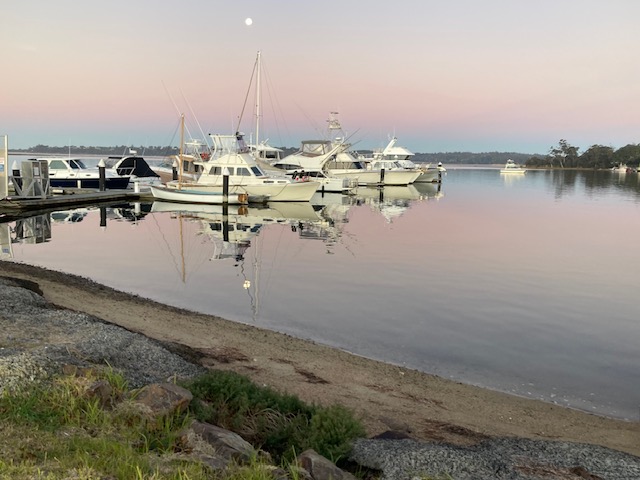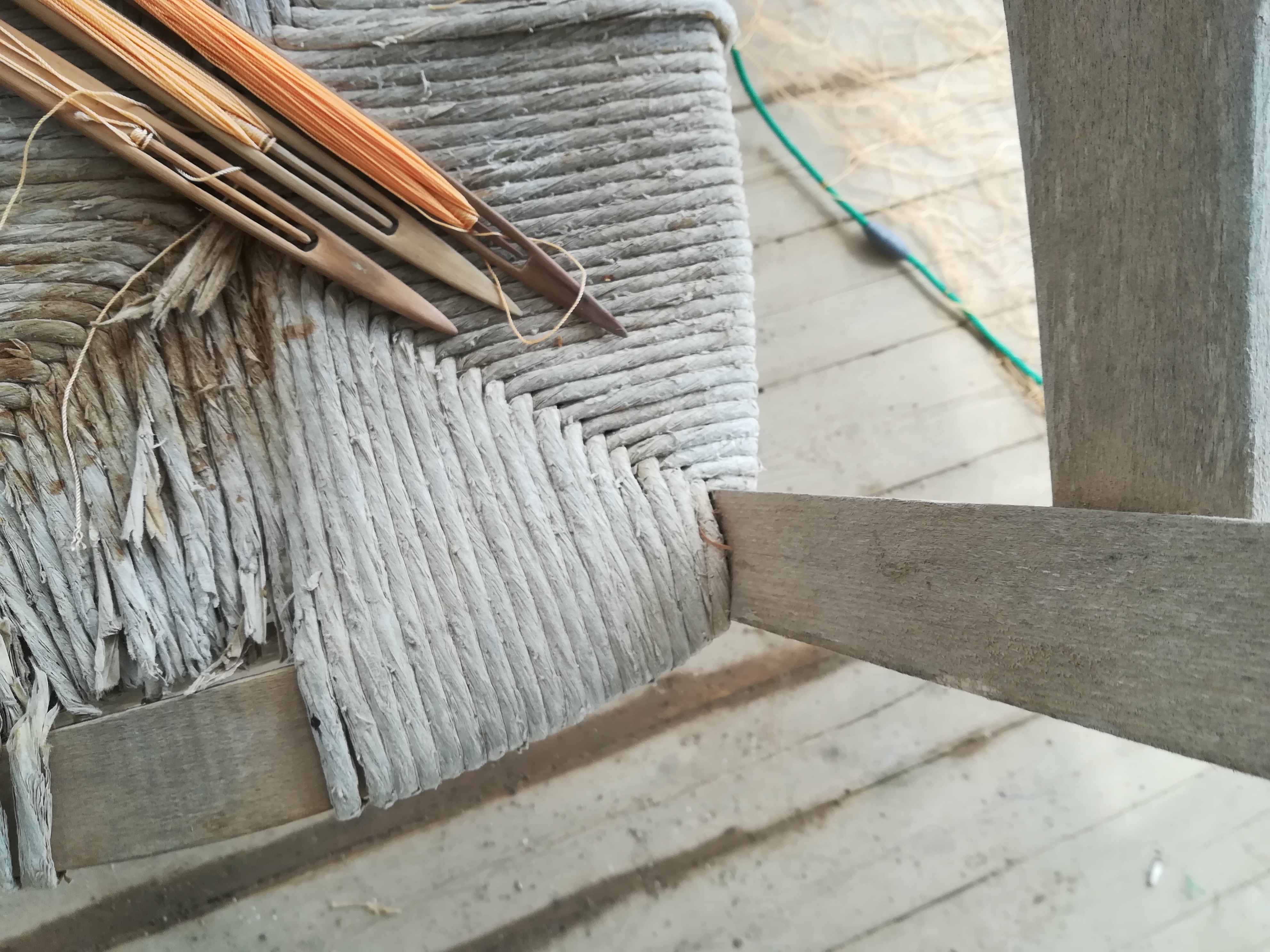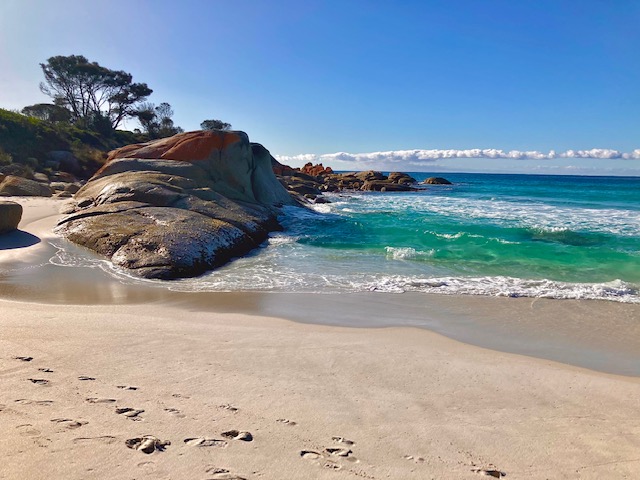Sustaining, Knowing and Living the Blue - Research Conference - IPL - NTNU
Valuing the past, sustaining the future
Research project organization
Project description
Valuing the past, sustaining the future
Children and young people represent the key to create sustainable coastal communities in the future. The pilot programme on Norway as a sea nation: Coastal communities, generation, sustainability, aims at establishing a deeper knowledge base of the dynamic interplay between coastal communities in transition, knowledge production, identities and working life. Childhood and intergenerational relations represent a particular focus of investigation.
Across generations and five countries, the programme explores work, every day life and knowledge among children and their families, with a particular focus on how informal learning and local knowledge are experienced, transmitted, shared and practiced by children of diverse ethnic origins. Innovative models and practices will be developed for intergenerational and intercultural transmission of knowledge in schools and communities, in collaboration with local communities and businesses.
The research is innovative by applying a comparative and multigenerational methodological approach, aimed at in-depth understanding. Case studies will be conducted with young people who have a higher drop-out tendency, including vocational, migrant and indigenous students in addition to ethnic Norwegian students in general studies. Biographical approach will be employed, exploring narratives of education, knowledge and work among youth (15-18 years), their parents and grandparents.
- Beyer Broch, H. (2022). Identity and life quality: Shaping one's place on a small island in a fishing community. Children's Geographies, (ahead-of-print), 1-12.
- Bessell, S. (2021). Childhood and belonging over time: Narratives of identity across generations on tasmania's east coast. Children's Geographies (ahead-of-print), 1-15.
- Crummy, A., & Devine, D. (2021). Childhood(s) through time: An intergenerational lens on flexible narratives of childhood in irish coastal communities. Children's Geographies, (ahead-of-print), 1-16.
- Eliassen, Knut Ove; Meiner, Carsten; Messelt, Christopher. (2020) Stranden - forord. K&K: kultur og klasse. vol. 48 (130).
- Gaini, F., & Sleire, K. (2022). The wave cannot catch me: Children, place and local knowledge in the Faroe islands. Children's Geographies, (ahead-of-print), 1-12.
- Hjorthen, Sofie L., Sund, Erik, Kjørholt A.T., Engevold, M.H., Krokstad, S. (2021) Public health in restructuring coastal communities: Generational trends in self-rated health following the decline in small-scale fishing. The HUNT study, Norway. Journal of Rural Studies 88, 307–316.
- Kjørholt, A.T. (Ed.), Bessel, S., Devine, D., Gaini, F., Spyrou, S. (forthcoming 2022) Valuing the Past, Sustaining the Future? Exploring Coastal Societies, Childhood(s) and Local Knowledge in Times of Global Transition. Anthology. Springer Mare Publication Series
- Kjørholt, A. T., & Bunting, M. (2021) Places to belong? narrating childhood(s) and the coast as a home across three generations in a community of islands. Children's Geographies, (ahead-of-print), 1-15.
- Kjørholt, A.T., Devine, D., Spyrou, S., Bessell, S., Gaini, F. (forthcoming, 2023). Changing Childhoods in Coastal Communities. Children's Geographies.
- Maharja, C., Praptiwi, R. A., Richter, I., Crummy, A., Devine, D., Gajardo, L. J., Thu Ha, N., Johari, S., Justine, E. V., Kjørholt, A. T., Thao, L. N., Wulandari, P. (forthcoming, 2023). The People of The Seas and the Seas of the People. In Maharja, C., Praptiwi, R. A., Richter, I., (Eds.). Oceans and Human Health. Elsevier.
- Messelt, Christopher (2022) Båten, fiske, fyret, naustet, stranden. Fem topos fra den norske kystromanen. Norsk litteraturvitenskapelig tidsskrift. vol. 25 (1).
- Messelt, Christopher (2020) Den norske litterære stranden. K&K: kultur og klasse. vol. 48 (130).
- Spyrou, S., Theodorou, E., & Stylianidou, N. (2021). Fishy childhoods in space and time: Intergenerational continuities and changes. Children's Geographies, (ahead-of-print), 1-13.
- Dr. Aoife Crummy (2022) A sea of change: Intergenerational perspectives on transitions of learning, identity and belonging in small Irish coastal communities. Doctoral thesis, University College Dublin, School of Education
- PhD candidate Miriam Hjeldsbakken Engevold, Department of Health Sciences Gjøvik, Faculty of Medicine and Health Sciences. PhD project Experiences of health and wellbeing across three generations in a costal and a inland rural community.
- PhD candidate Sofie Lauvås Hjorthen. Department of Public Health and Nursing, Faculty of Medicine and Health Sciences, NTNU. PhD project Health in coastal communities: Generational and social inequalities in health during times of societal restructuring. The HUNT Study, Norway.
- PhD ccandidate Tobias Johansson, Department of education and lifelong learning, Faculty of Social and Educational Sciences, NTNU. PhD Project Intergenerational and place-based pedagogical models in Norwegian coastal communities.
- PhD candidate Christopher Messelt, Section for Comparative Literature, Department of Language and Literature, Faculty of Humanities. PhD Project Båten, fiske, fyret, naustet, stranden. Fem topos fra den norske kystromanen.
- PhD candidate Inger T. Pedersen, Department of education and lifelong learning, Faculty of Social and Educational Sciences, NTNU. PhD Project Life stories about everyday life, local knowledge and identity in three generations in a coastal Sami community.
- Mphil Malin Arnesen Nilsen (2022) Childhood and 'Island Living'. Narratives of Everyday Life and Belonging across Generations in a Small Island. Master's thesis. Department of Educational and Lifelong Learning, Faculty of Social and Educational Sciences, NTNU.
- Professor Emerita Allison James, Childhood Studies, University of Sheffield.
- Professor Emeritus David Buckingham, Media Studies, University of London.
- Professor Emerita Ellen Schrumpf, Childhood history, University College of Southeast Norway.
- Professor Emerita An-Magritt Jensen, Demography, Department of Sociology and Political Science, NTNU.
Annual meeting with MT to act as a critical friend and expert in all work packages.
Consultancy Group and Collaborative Partners
Management team
- Professor and Director of Children's Policy Centre, Sharon Bessell, Australian National University.
- Professor Dympna Devine, Director of School of Education, University College Dublin.
- Professor and Director of the Center for the Study of Childhood and adolescence, Spyros Spyrou, European University Cyprus
- Professor Firouz Gaini, University of Faroe Islands
- Professor Anne Trine Kjørholt, Norwegian Centre for Child Research, NTNU
The members of the management team also act as a core research team. They are responsible for joint development of the project according to the aims and planned activities, besides being Principal Investigators for case studies in their respective countries.
Key researchers
- Associate professor Eleni Theodorou, European University Cyprus
- Professor Emeritus Harald Beyer Broch, University of Oslo
- Dr. Aoife Crummy, University College Dublin
National consultancy group
Key contacts to educational and business sector in coastal communities:
'Valuing the Past, Sustaining the Future,' is an interdisciplinary collaboration between five partner universities including the Norwegian Centre for Child Research, NTNU, the Australian National University, University College Dublin, Ireland, European University Cyprus and University of the Faroe Islands.
Experts on drop-out research
- Associate Professor Geir Moshuus
- Professor Mette Bunting, University College of South-Easter Norway.
Education, knowledge and identity across three generations in coastal communities
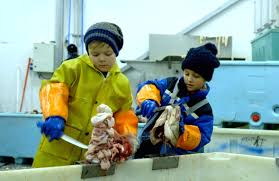 Education is seen as a key to ensure sustainable economies worldwide, as a ticket for individuals to succeed in the labor market, and a tool to promote life quality. This project addresses education, knowledge and identity formation among children across three generations (as perceived by youth, parents and grandparents) of diverse ethnic backgrounds in coastal communities in five countries (Norway, Australia, Cyprus, The Faroe Islands and Ireland). It involves basic research with the expected impact of providing a deeper knowledge base about the shifting and dynamic interplay between education (non-formal/formal), society and working life, bridging past-present-future.
Education is seen as a key to ensure sustainable economies worldwide, as a ticket for individuals to succeed in the labor market, and a tool to promote life quality. This project addresses education, knowledge and identity formation among children across three generations (as perceived by youth, parents and grandparents) of diverse ethnic backgrounds in coastal communities in five countries (Norway, Australia, Cyprus, The Faroe Islands and Ireland). It involves basic research with the expected impact of providing a deeper knowledge base about the shifting and dynamic interplay between education (non-formal/formal), society and working life, bridging past-present-future.
High drop-out rates may indicate that some children and youth see formal education and schooling as irrelevant for future working life. During the last decades schools have gradually become more theoretical and adapted to the national job market at the expense of local knowledge transferred within communities. One consequence of disconnecting local knowledge from formal education is that students may fail to see the relevance of what they are learning. The point of departure for this project is that education is contextual and dynamic, conceptualized in a broad sense, including informal learning, life skills and local knowledge derived through everyday social practices. Furthermore, learning processes are intimately connected to social relations, identity formation and perceptions of social value and belonging.
The aims and scope of this project call for an interdisciplinary approach, mobilising a wide range of national and international experts. The project utilizes a comparative qualitative methodology, conducting interviews and doing fieldwork across three generations, supplemented with applied research, providing a basis of new empirical knowledge to contribute to evidence informed policy and action
Valuing the past, sustaining the future is a research umbrella funded by the Research Council of Norway (2016-2023), 1.2 million Euro.
Valuing the past, sustaining the future is part of the research project Norway as a sea nation. Coastal communities, generations, sustainability, a part of the NTNU Oceans, one of four strategic research areas 2014-2023.
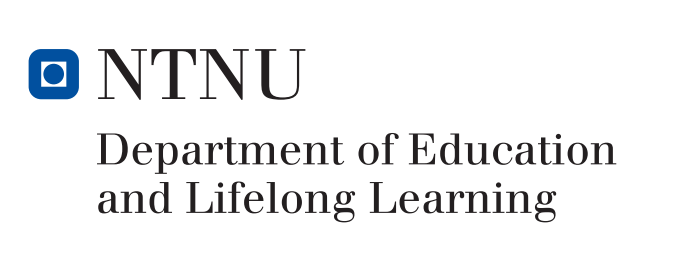

Blog entry
Havlandet Norge (in Norwegian)
Anne Trine Kjørholt, professor of child research
Conferences and seminars
In media
Frøya.no: Stort internasjonalt prosjekt til Frøya

